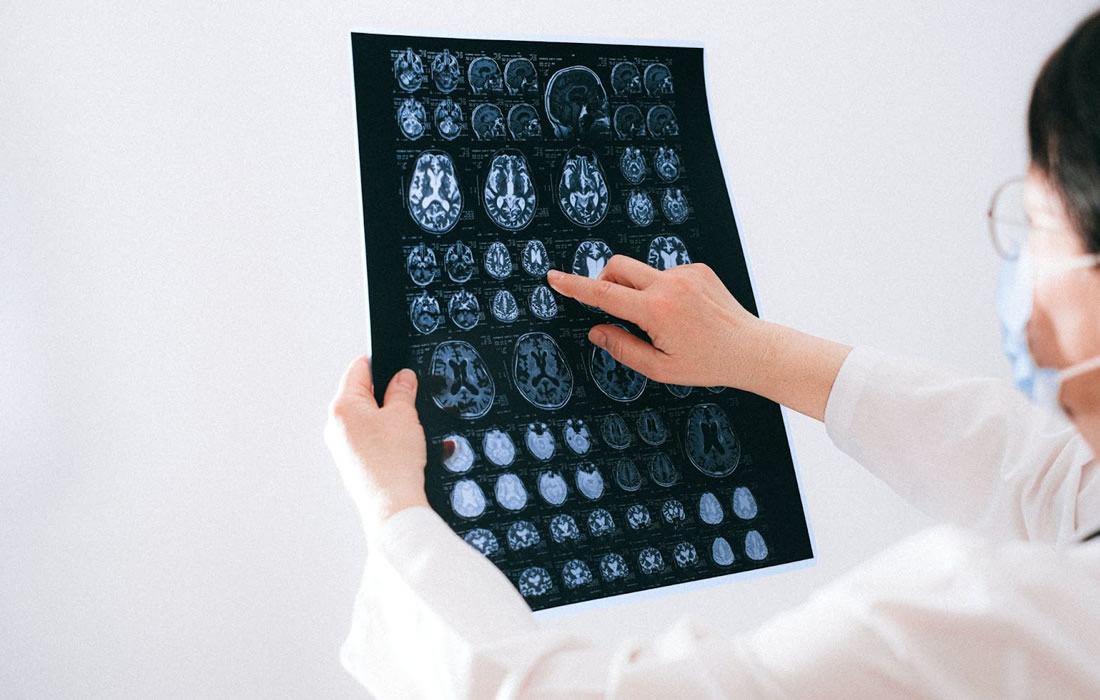Cornell University researchers have identified a new way to harness the antioxidant and antibacterial properties of a botanical compound to make nanofiber-coated cotton bandages that fight infection and help wounds heal more quickly. The findings are especially important given the increasing prevalence of multidrug-resistant bacteria. Cotton gauze is one of the most common wound dressings; […]
Monthly Archives: February 2024
Immigrants living with dementia were more likely to present with agitation and aggression compared with their non-immigrant counterparts, a new study by Edith Cowan University (ECU) in collaboration with The Dementia Centre, HammondCare, found. Researchers from ECU’s Centre for Research in Aged Care and HammondCare’s The Dementia Centre noted that behaviours and psychological symptoms of […]
CDD causes seizures and impaired development in children, and medications are limited to managing symptoms rather than tackling the root cause of the disease. The disorder involves losing the function of a gene producing the CDKL5 enzyme, which phosphorylates proteins, meaning it adds an extra phosphate molecule to alter their function. Following recent research from […]
But what if you could ease pain by non-invasively manipulating a spot inside your brain where pain is registered? A new study by Wynn Legon, assistant professor at the Fralin Biomedical Research Institute at VTC, and his team points to that possibility. The study found soundwaves from low-intensity focused ultrasound aimed at a place deep […]
Australian researchers have worked out how to fix a defect that causes lupus, and hope their world-first discovery will offer effective long-term treatment. Published in Nature Communications, the Monash University-led study found a way to reprogram the defective cells of lupus patients with protective molecules from healthy people. Using human cells, the new treatment restores […]
Promising trial results indicate that a new type of cell therapy could imrove the prognosis of those who are critically ill with acute respiratory distress syndrome (ARDS) resulting from severe Covid-19. Published in the journal Nature Communications, Professor Justin Stebbing of Anglia Ruskin University (ARU) is the joint senior author of the new study investigating […]
Asthma is more common among high school students who use cannabis, relative to those who do not and the prevalence of asthma increases with the frequency of its use among the students, according to a new study. Data were drawn from the 2019 Youth Risk Behavior Surveillance System, a CDC national high school survey, which […]
Tomato juice can kill Salmonella Typhi and other bacteria that can harm people’s digestive and urinary tract health, according to new research. Salmonella Typhi is a deadly human-specific pathogen that causes typhoid fever. First, the researchers, in laboratory experiments, checked to see if tomato juice really does kill Salmonella Typhi. Once they ascertained it did, […]
Disrupted function of “cleaning cells” in the body may help to explain why some people with obesity develop type 2 diabetes, while others do not. A study from the University of Gothenburg describes this newly discovered mechanism. It is well known that obesity increases the risk of insulin resistance and type 2 diabetes. It is […]
According to the CDC, the U.S. obesity and hypertension rates in adults are 41.9% and 45.4%, respectively. Obesity is a known risk factor for cardiovascular disease and a major contributor to high blood pressure, which can make a person more susceptible to heart attack, stroke and heart failure, among other risks. Researchers in this study […]










